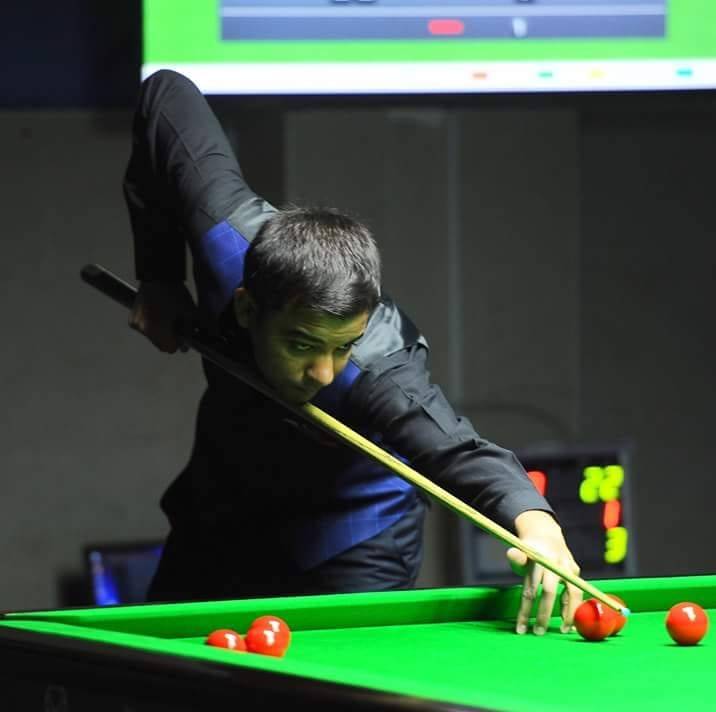In a tragic event on Thursday, the first day of Eid ul Adha, Pakistani snooker player Mohammad Majid Ali, an Asian under-21 silver medalist, committed suicide at the age of 28th after battling depression for the past few years, family sources confirmed.
Although Alamgir Sheikh, Chairman of the PBSA (Pakistan Billiards and Snooker Association), revealed the news to his fellow players and members of the sports body via text message. This was the second such news in a month for the Pakistani snooker fraternity, which mourned the death of Mohammad Bilal last month.
What was the reason?
However, the details of Majid’s death are even more shocking and terrifying. Majid’s brother, Umar, confirmed that it was a suicide case. Majid ended his life using a wood-cutting machine in his hometown of Samundri, near Faisalabad. According to his brother’s statement, Majid had been suffering from depression for the past few years, but the reasons were unknown, and there was no financial problem.

Source: Daily Pakistan
The PBSA president told sources that it was shocking to learn about the death of young Majid.
“He was an extraordinary talent and recently dropped out of the ranking, but he always showed great potential,” he added. He also said that “We are saddened to hear of his death; it is a great loss for the Pakistani snooker community.”
The Other Details!
Snooker has become a high-profile sport in the country after helping stars like Muhammad Yusuf and Muhammad Asif win world and Asian championship titles, with some players even graduating from the Professional Circuit.
The tragic suicide of Pakistani snooker player Mohammad Majid Ali draws attention to the need for an open conversation about mental health in Pakistan and the importance of providing adequate resources and support to people facing such challenges. Sports bodies, including the Pakistan Billiards and Snooker Association (PBSA), have committed to implementing mental health initiatives and working to create a safe and supportive environment for athletes.
The loss of such promising talent in Pakistani billiards is a sad reminder of the importance of mental health care and the collective responsibility to support those who are struggling. Majid Ali’s legacy will live on in the hearts of the snooker community, and his untimely death will undoubtedly serve as a catalyst for change in the way mental health is approached in the world of sport.

